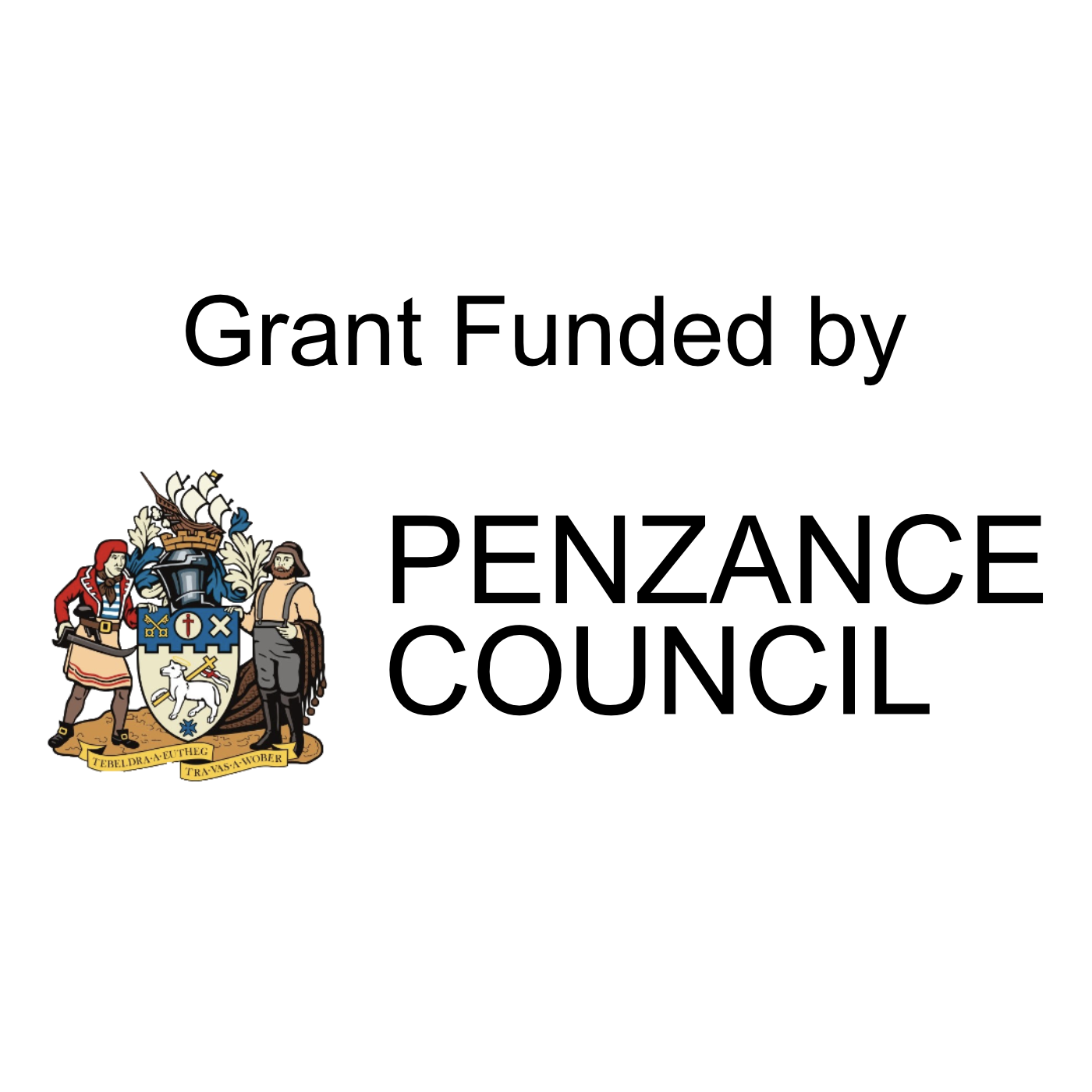
Starmer says net migration will fall with 'controlled, selective and fair' system

Sir Keir Starmer has pledged to bring down net migration by the end of this parliament with a system that is "controlled, selective and fair".
However, the prime minister has refused to say how far he wants figures to fall, only saying numbers will come down "substantially".
Politics latest: Starmer announces sweeping migration crackdown
Sir Keir was speaking at a news conference ahead of the publication of the government's Immigration White Paper, which sets out plans including banning care homes from hiring overseas.
The prime minister said: "Some people think controlling immigration is reining in a sort of natural freedom, rather than the basic and reasonable responsibility of the government to make choices that work for a nation's economy.
"And for years, this seems to have muddled our thinking. But let me be clear, it ends now. We will create a migration system that is controlled, selective, and fair."
He added: "Let me put it this way, nations depend on rules, fair rules.
"In a diverse nation like ours, and I celebrate that, these rules become even more important.
"Without them, we risk becoming an island of strangers, not a nation that walks forward together."
'Chasing the tail of the right'
The prime minister's "island of strangers" rhetoric has attracted criticism from within his own party, including Labour MP Sarah Owen, who said it could put the UK on "a very dark path".
The chair of the Women and Equalities Select Committee said "fair and sensible" checks on immigration "should not equal blaming all the woes of our country on immigrants".
"The best way to avoid becoming an 'island of strangers' is investing in communities to thrive - not pitting people against each other," she added.
"I've said it before and will say it again, chasing the tail of the right risks taking our country down a very dark path."
Nadia Whittome, the Labour MP for Nottingham East, also said the phrase mimicked the "scaremongering of the far-right", while former shadow chancellor John McDonnell argued it was reminiscent of the late politician Enoch Powell.
Asked if net migration would fall, Sir Keir said it would "fall substantially by the end of this parliament" - but didn't give a specific target.
He said it was not sensible "to put a hard-edged cap on it" as that has "been done in one form or another for the best part of 10 years by different prime ministers" and never worked.
However, he pledged to go "further and faster" if needed, saying record high levels of net migration over the past few years have "tested the theory" that it can lead to economic growth.
Read more:
Labour's restrictive immigration approach builds on Tory rollbacks
Farage addresses how Reform UK would deal with migration
Net migration - the difference between the number of people immigrating and emigrating to a country - soared when the UK left the EU in January 2020.
It reached 903,000 in the year to June 2023 before falling to 728,000 in mid-2024. But that is still well above its pre-Brexit high of 329,000 in the year up to June 2015.
The government is under pressure to tackle legal migration, as well as illegal immigration, amid Reform UK's surge in the polls.
???? Listen to Sky News Daily on your podcast app ????
Sir Keir insisted cutting migration is something he believes in, saying parts of the UK's economy "seem almost addicted to importing cheap labour" rather than investing in skills at home.
He said: "On a day like today, people who like politics will try to make this all about politics, about this or that strategy targeting these voters, responding to that party.
"No, I'm doing this because it is right, because it is fair, and because this is what I believe in."
But Reform's leader Nigel Farage told Sky News' deputy political editor Sam Coates that Monday's measures are a "knee jerk reaction" to his party's success at the local elections and the prime minister "doesn't have the vigour" to follow them through.
What is in the immigration white paper?
Proposals in the government's white paper include raising the skills visa threshold to require a degree and higher salary, and closing the social care visa route to overseas recruitment.
Other measures include:
• Increasing English language requirements for visa holders and their dependants;
• Narrowing the list of critical shortage occupations on the Temporary Shortage List;
• Restricting dependants for lower skilled workers on the Temporary Shortage List and increasing salary thresholds for all visa holders seeking to bring in dependants;
• Reducing time overseas students can stay from five years to 18 months after studies finish, and tighter rules on student visas;
• Migrants having to wait 10 years for permanent settlement rather than five, unless they are "high contributors"
The document suggests these measures could reduce immigration to the UK by around 98,000 per year.
It is not clear how the government intends to boost its domestic workforce to fill the gaps that have been plugged by foreign labour, which the care sector is particularly reliant on.
The Liberal Democrats called for a "clear plan to make it easier to recruit British workers to fill vacancies", including increasing the minimum pay of care workers and reforming the apprenticeship system.
PM 'taking public for fools'
Tory leader Kemi Badenoch accused the prime minister of "taking the public for fools" with his tough on immigration rhetoric, saying Labour has previously voted against many of the measures they are now proposing.
She refused to take responsibility for her party overseeing record levels of migration, saying she was "not running the cabinet" then, and called for a legally binding cap on the number of people coming in.
"Kicking tough solutions and decisions into the long grass with a white paper is not going to solve the problem that we have right now", she said.





